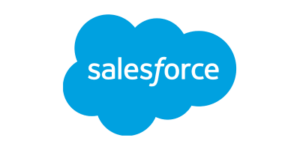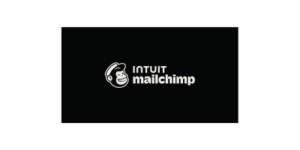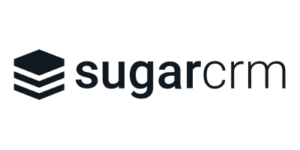
Organic revenue growth services for an AI-dominated internet
Let’s build a content marketing and distribution plan to attract more people to your brand.


Increased Organic Traffic

Higher Search Rankings

More Qualified Leads

You need more sales to meet your revenue goals
While you have a great product or service, not enough people know about it. As a result, your online presence isn’t providing enough good sales leads.
Let us help bridge that gap.
About
You deserve a marketing partner that will put your company at the top of search results and fill your funnel with prospects
Boost your marketing team with a team of seasoned content marketing & distribution experts, and digital transformation consultants who can turn your online presence into a lead-generating powerhouse.
We pride ourselves on our track record of success, having taken numerous businesses from zero organic search traffic to hundreds and thousands of visitors per month.
We work with the tools you have












Services
Magnetize the right buyers to your channels
A complete ‘done for you’ program.
Content Strategy
Content Creation
SEO
Content Distribution


Is it for me?
Are you a good fit for our services?
let’s make sure we’re the right fit to work together.
Helpful SEOs is for you if
- You want to attract more prospects to your online channels
- You want to supplement your marketing team with a content marketing and SEO resource
- You consider content marketing a long-term investment in your business
- You are okay with results not being instant


1. Schedule a meeting
Simply click the button and pick a time that works for you
2. Build an SEO plan
Let’s build a Content Marketing Plan specifically for you
3. Boost online presence
Show up when your prospects search the web
4. More website traffic!
See a rise in phone and inquiries from potential leads




Blog
Content marketing insights
From our content marketing and SEO blog
